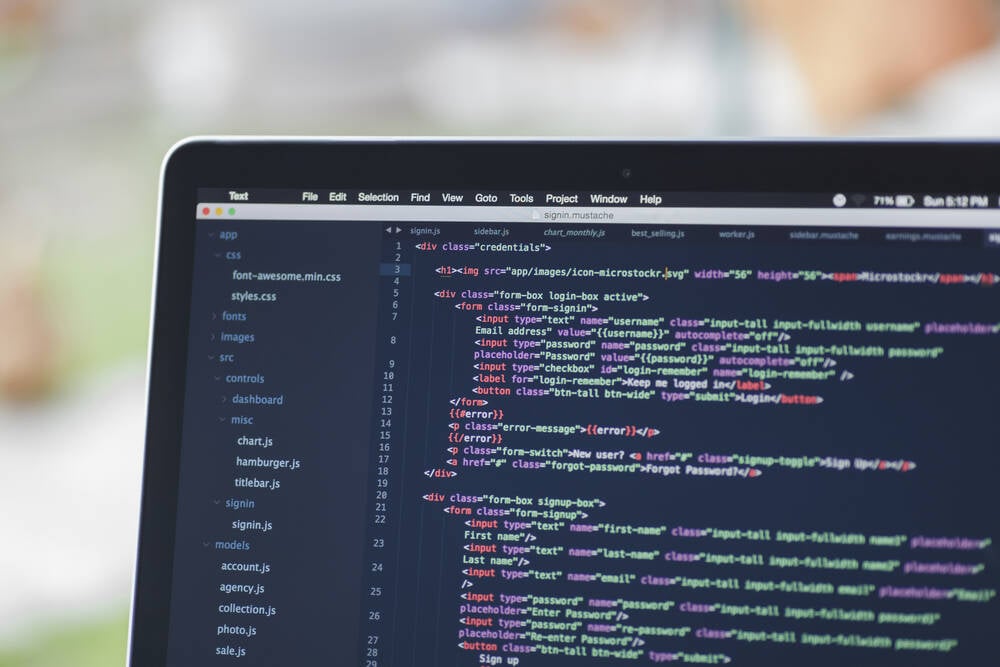
"Feature Artificial intelligence is rapidly reshaping the way software gets built, tested, and maintained - but not in the simplistic, headline-grabbing sense of "AI replacing developers." As a software engineer, I've seen firsthand how AI is starting to change woeking practises. It's not a sweeping transformation, nor is it irrelevant hype - it is something more nuanced. For some engineers, AI is quietly becoming part of the everyday engineering toolkit, showing up in code assistants, test generation tools, infrastructure management, and even project planning."
"Back in the '90s when I started as a software engineer, search engines capable of finding information easily were not available. Generally, engineers learnt their skills from traditional sources. These included in-person training courses, books, technical newsgroups (remember them?), talking to other engineers, and (perhaps most importantly) from whatever code you happen to work on. Since I did not study "computer science" at uni (until later, when I went back to do my masters), I was constantly exposed to new ideas, data structures and languages."
Artificial intelligence is gradually integrating into software engineering workflows, augmenting how code is written, tested, and maintained without replacing developers. AI appears in code assistants, test-generation tools, infrastructure management, and project planning, changing day-to-day practices for some engineers. Adoption varies by individual and task, producing nuanced, incremental shifts rather than sweeping transformation. Historical developer learning relied on in-person training, books, technical newsgroups, colleagues, and reading existing code when search engines were limited. Diverse backgrounds and long careers influence how engineers adopt AI tools. Practical impacts include adjusting approaches to tasks, leveraging AI for routine work, and balancing human expertise with automated assistance.
Read at Theregister
Unable to calculate read time
Collection
[
|
...
]